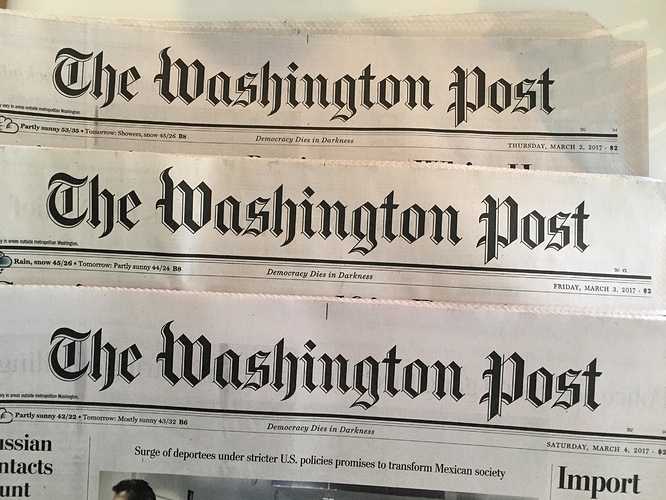In Real Life magazine, Nathan Jurgenson argues that the death of truth, which has been declared by countless pundits and newspaper articles referencing figures like Donald Trump, is overblown. Instead, Jurgenson suggests that we may be witnessing novel political circumstances that these pundits simply do not understand, that their “expertise” is ill-equipped to grasp. In addition, Jurgenson points out that the instability of truth is hardly a new phenomenon; it has been been part of our culture since at least the advent of modernity and mass media.
Check out an excerpt from the piece below, or the full text here.
So many journalists and pundits have failed to describe our world accurately, and the inability to outline a coherent account of our reality can be felt as the impossibility of coherence at all. But the world isn’t really as blurry as their cloudy vision. Maybe we’d prefer if current political conditions were all a cruel joke or surreal dream, but the motives that shape our world are sincere and their effects are abundantly clear. Rather than ascribe Trump’s victory to postmodern bogeymen, it seems more accurate to point out that he won because he is openly racist and that stance has been popular enough. Perhaps “post-truth” is the condition of being wrong multiplied by your own sense of expertise.
In a tic that typifies many complaining about the death of truth, Kakutani described Trump as the leader of a “bizarro-world,” as if he were not actually president. It’s telling that the “reality-based community” continuously finds reality surprising and debasing. Perhaps the world isn’t newly fake as much as those who once had the role of describing the world are increasingly ignorant of it. Those critics and pundits who have been the most unable to comprehend the shape of the world, who can’t see what’s coming or where we’re going, are declaring the loudest that there must be no truth at all, presumably in order to maintain their own right to gatekeep facts and reality. I am not wrong, no — it is reality which is torn; it is the world itself that is suddenly unreliable.
Image: Last year, the Washington Post added the slogan “Democracy Dies in Darkness” to its front page.
